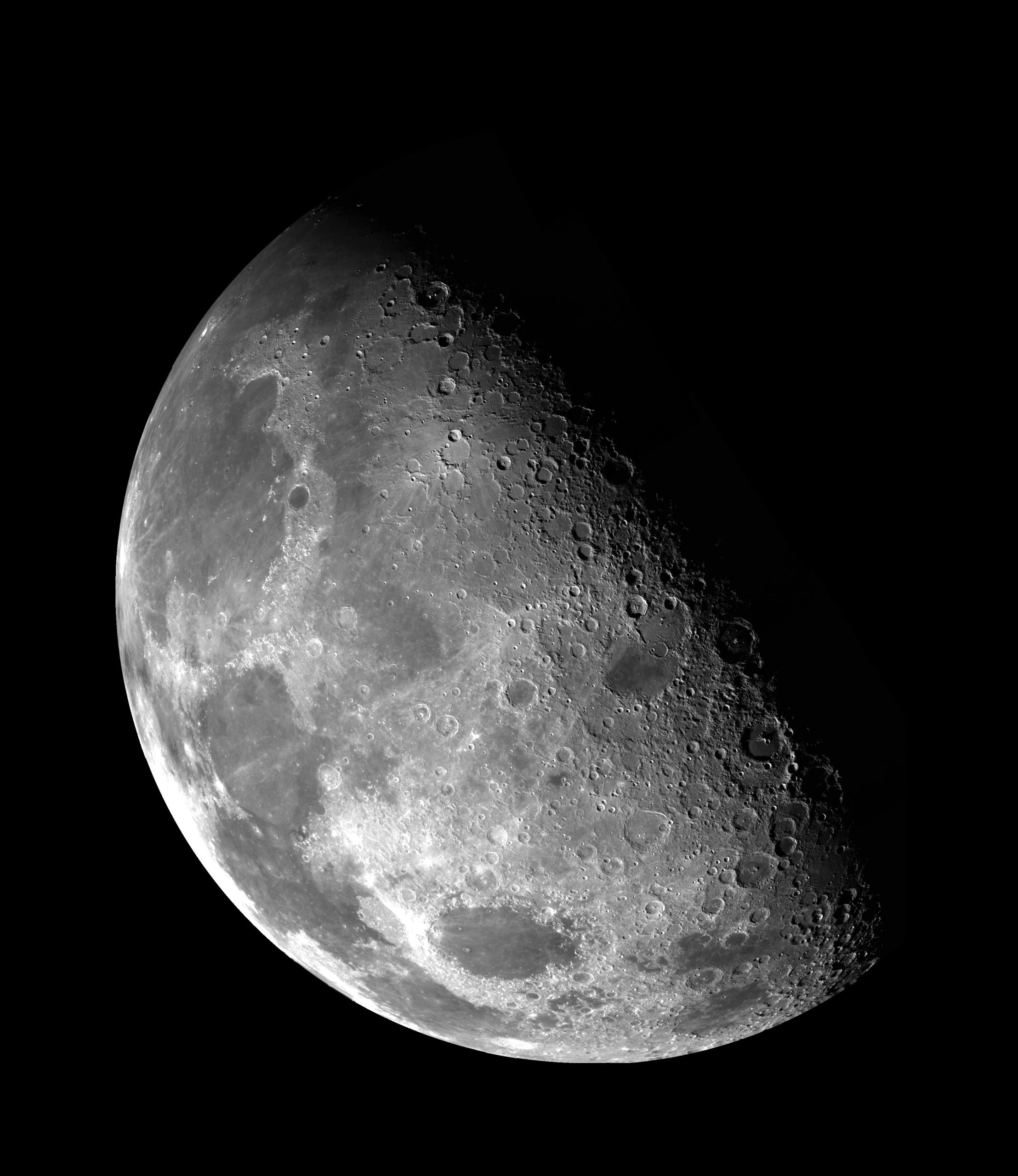The Fascinating History of Spiritualism
From ancient civilizations to modern-day practices, spiritualism has been a significant part of human culture for centuries. With its roots intertwined in various religious and philosophical beliefs, spiritualism has evolved and adapted over time, captivating millions of individuals seeking a connection with the spiritual realm. In this comprehensive blog post, we delve into the rich history of spiritualism, exploring its origins, development, notable figures, and its impact on society.
Ancient Origins of Spiritualism
The origins of spiritualism can be traced back to ancient civilizations, where belief in the existence of spirits and the ability to communicate with them played prominent roles. In ancient Egypt, for example, the Egyptians had an intricate belief system that included communication with the deceased. They believed that the deceased could provide guidance and protection in the afterlife, and mediums known as “scryers” were employed to establish a connection with the spirit world.
In ancient Greece, spiritualism took on a different form. The Greeks believed in an afterlife and sought to communicate with their ancestors for advice and insights. Oracles, such as the famous Oracle of Delphi, were consulted to receive wisdom from the gods and the spirits of the deceased.
Similarly, in ancient China, spiritualism was deeply ingrained in religious practices such as Taoism and Confucianism. The Chinese believed that the living and the dead could communicate, and shamanic rituals were conducted to connect with ancestors and spirits.
The Birth of Modern Spiritualism
While spiritualist practices have existed since ancient times, it wasn’t until the 19th century that modern spiritualism as we know it emerged. In the United States, spiritualism gained popularity during a time of social and religious upheaval. The Fox sisters, Katherine, Leah, and Margaret, played a pivotal role in the rise of modern spiritualism.
In 1848, the Fox sisters claimed to communicate with a spirit in their house through a series of mysterious rappings. News of their supernatural abilities spread rapidly, attracting the attention of skeptics and believers alike. They eventually went on to hold public séances, solidifying their status as significant figures in the spiritualist movement.
The spiritualist movement spread across the United States and Europe, capturing the interest of intellectuals, celebrities, and ordinary individuals seeking answers about the mysteries of life and death. Séances, mediumship, and other practices became commonplace, with numerous societies and organizations dedicated to exploring spiritualism.
Notable Figures in Spiritualism
Throughout history, numerous individuals have contributed to the development and understanding of spiritualism. Here are just a few notable figures:
| Name | Contributions |
|---|---|
| Allan Kardec | Kardec was a French educator and author who codified the principles and practices of modern spiritualism, giving rise to the movement known as Spiritism. His books, including “The Spirits’ Book,” laid the foundation for spiritualist practices that continue to this day. |
| Helena Blavatsky | Blavatsky co-founded the Theosophical Society, which played a crucial role in the study and promotion of spiritualism and esoteric teachings. Her work, “The Secret Doctrine,” explored the spiritual dimensions of existence and influenced many spiritual seekers. |
| Sir Arthur Conan Doyle | Best known as the creator of the iconic detective Sherlock Holmes, Conan Doyle was also a fervent believer in spiritualism. He attended séances, wrote extensively on the subject, and even attempted to prove the validity of spiritualist phenomena through scientific means. |
The Impact of Spiritualism on Society
Spiritualism has had a profound impact on society, influencing various aspects of culture, art, and science. During the Victorian era, spiritualism became a source of fascination and provided an avenue for both personal solace and societal critique.
Artists found inspiration in spiritualist themes, often depicting séances and spiritual encounters in their works. Additionally, spiritualism contributed to the burgeoning interest in supernatural phenomena, influencing the rise of paranormal investigations and the development of psychic research.
Moreover, spiritualism played a role in discussions surrounding gender equality. The movement provided women with opportunities to act as mediums and speakers, challenging traditional gender roles and empowering them to participate in public life.
Continuing Legacy and Contemporary Practices
While spiritualism reached its peak popularity in the 19th and early 20th centuries, its influences can still be seen today. Contemporary practices often incorporate elements of spiritualism, such as mediumship and communication with spirits, albeit with modern twists.
Mediumship, for example, continues to be practiced worldwide, with mediums offering insights, guidance, and healing to those seeking spiritual connections. Furthermore, the concept of spirit communication has expanded beyond traditional séances, with individuals exploring paranormal investigation, psychic readings, and remote viewing.
It is important to note that while spiritualism provides comfort and guidance to many, skepticism and criticism also exist. Some argue that mediums rely on psychological techniques, cold reading, or wishful thinking rather than true communication with spirits.
Conclusion
The history of spiritualism is a fascinating journey through time, tracing its roots back to ancient civilizations and culminating in the modern practices we see today. From the intriguing rituals of ancient Egypt and Greece to the advent of mediums and séances in the 19th century, spiritualism has captivated the minds and hearts of individuals across cultures and generations.
While spiritualism may have its skeptics, its enduring legacy and impact on society cannot be denied. Whether through art, scientific exploration, or personal belief, spiritualism continues to offer solace, inspiration, and a quest for answers in a world shrouded in mystery.
Table of Contents
